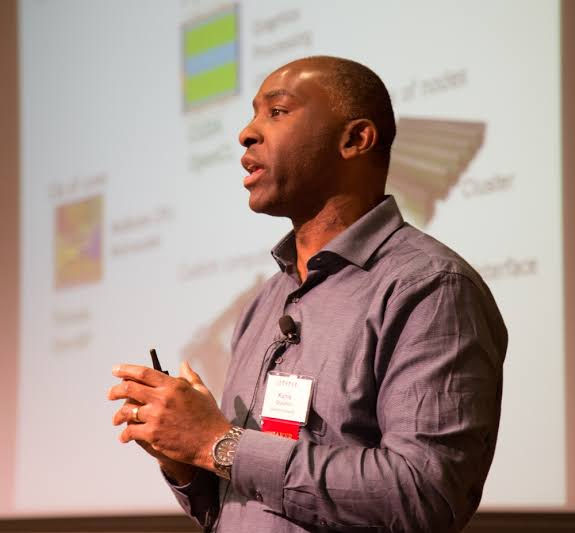Diaspora Star | Kunle Olukotun : The Nigerian Genius Who Revolutionized Modern Computing
- Ajibade Omolade Chistianah
- Jul 4, 2025
- 2 min read

Few individuals have shaped the trajectory of modern computing as profoundly as Kunle Olukotun. A British-born Nigerian with deep Yoruba heritage, Olukotun is credited with creating the world’s first general-purpose multi-core processor, earning him the global recognition as the “father of the multi-core processor.” His groundbreaking innovations continue to influence how computers are built, programmed, and optimized today.
Born in London, England, Dr. Oyekunle Ayinde Olukotun represents a powerful story of Nigerian excellence abroad. After completing his undergraduate studies at Calvin College in Michigan, he earned his master’s and PhD in Computer Science and Engineering from the University of Michigan.
His academic journey led him to Stanford University in 1991, where he became a professor of Electrical Engineering and Computer Science. Today, he also serves as the director of Stanford’s Pervasive Parallelism Lab, a hub for research in next-generation computing systems.

Olukotun’s work has fundamentally changed the architecture of modern processors:
Spearheaded the Stanford Hydra Project, one of the first to demonstrate multi-core processing using thread-level speculation.
Founded Afara Websystems in 2000, a startup dedicated to building low-power, high-throughput multicore processors.
Developed the technology behind the UltraSPARC T1 (Niagara) processor after Afara was acquired by Sun Microsystems. This processor became the backbone of Oracle’s SPARC server systems.
Co-founded SambaNova Systems, a leading AI hardware company now valued in the billions and backed by major players like Intel Capital and GV (Google Ventures).
Olukotun’s work is deeply rooted in his cultural identity. His company name, Afara, means bridge in Yoruba symbolizing his mission to connect energy efficiency with computing power. He also named his Stanford server “Ogun”, after the Yoruba deity of iron, a symbolic nod to the strength and precision of modern computing hardware.
With 12 U.S. patents, over 150 scientific papers, and two authoritative textbooks, Olukotun continues to shape how the world understands and applies parallel computing.
Kunle Olukotun’s career is a testament to the impact that Nigerians in the diaspora can have on the global stage. His journey blends scientific excellence with cultural pride, proving that African heritage and world-class innovation are not mutually exclusive, they are complementary forces












Comments